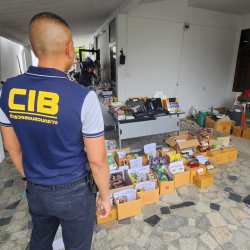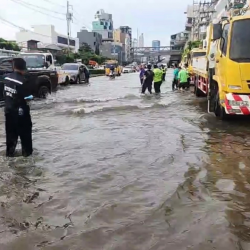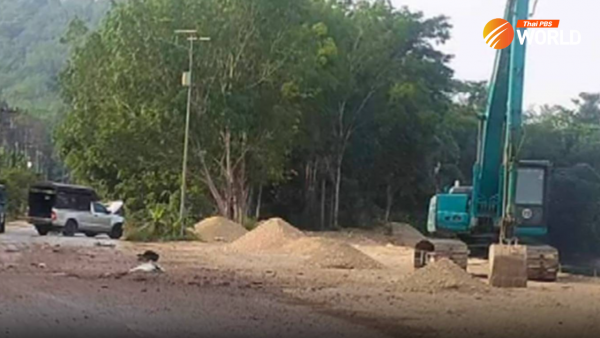Pheu Thai party’s economic policies at a glance

As the Pheu Thai party takes over from the Move Forward party at the core of the government- forming 8-party coalition, it is a good time to take a look at the party’s key economic policies, presented during its electoral campaign.
The ten key policies are:
- Digital wallet. Every Thai citizen over the age of 16 will receive 10,000 baht, to be wired into their digital wallets for spending in stores within a four-kilometre radius of their residence. The funds will be valid for six months and cannot be used for online purchases. This policy will cost an estimated 560 billion baht
- Increase of minimum wage to 600 baht/day and the starting salaries of graduates with a BA degree will be 25,000 baht/month before the end of 2027.
- The party aims to enable each household to earn at least 20,000 baht per month, by providing them with education to enhance their earning capabilities.
- The party will attempt to solve the informal debt problems, faced by about 1.4 million people, through the promotion of FICO finance, so they can access funding at low interest rates.
- The party plans to solve 200 billion baht in debt incurred by SMEs by injecting funds to increase the guarantee for business operators.
- The party will promote investment in new businesses in Thailand, such as bio, agro and medical technology.
- New business zones (NBZ) will be created in Bangkok, Chiang Mai, Khon Kaen and Hat Yai for innovations, the digital economy and promotion of start-ups and SMEs.
- A debt moratorium for farmers for three years with efforts to be made to increase the earnings of each farming household, from an average of 10,000 baht/0.16 hectares per year to 30,000 baht, through increased productivity and reductions in production costs.
- Encouragement of people to save money, through the issuance of savings lotteries, in which they will have a chance to win prizes and get refunds upon their retirement at 60.
- Maximum 20-baht electric train fare for all routes, to reduce the financial burden on commuters and to encourage more people to use the services. The party has estimated that this policy will cost 40 billion baht at the start, plus about 8 billion baht annually.






